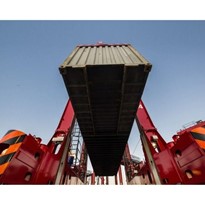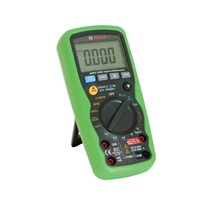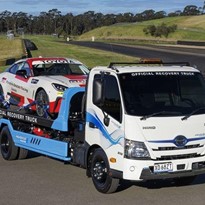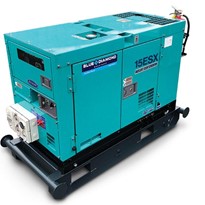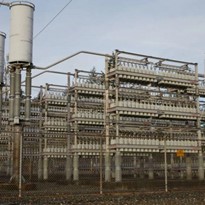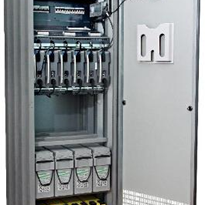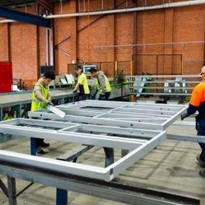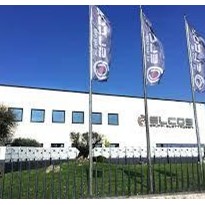Many plant operators shy away from switching from classic metal bearings to polymer plain bearings despite the obvious advantages. The conversion appears to be too cumbersome. Treotham responds with low-cost igus spherical balls made of high-performance polymer that can be inserted into metallic pillow blocks in seconds to create a cost-effective and high-performance hybrid.
Metallic pillow blocks – whether pillow block bearings or fixed flange bearings – are an indispensable part of mechanical and plant engineering. The classics are used wherever rotational movements and twisting around all axes are required, for example, on guide rollers of conveyor belts in the beverage industry. The problem comes to the fore particularly in environments with heavy contamination. Dust means such a high load that maintenance staff have to lubricate the bearings regularly to keep them moving at all. That costs a lot of time and money. And yet a change is often due after just one year. Is there an alternative? – the igus bearings from Treotham are made of high-performance polymers that allow dry operation without lubricating oil. "Such polymer plain bearings have been available on the market for a long time. However, many users shy away from changing over because they assume they would have to integrate new housings with different dimensions into the machines, which would be time-consuming and costly. In most cases, this is unnecessary", explains Thomas Preißner, Product Manager for igubal spherical bearings. "Our JEM-SP spherical balls made of high-performance polymer can be connected to metallic pillow blocks in just a few seconds. This creates a powerful hybrid that totally dispenses with lubricating oil."
Hybrid solution reduces costs by a factor of 20
Behind the secret of dry operation is a high-performance polymer called iglidur. It consists of a thermoplastic base material enriched with an embedded solid lubricant. The lubricant is released during movement, making additional lubrication superfluous. "This means enormous cost savings for users", says Thomas Preißner. Until now, many companies have used expensive external lubricators, and despite the lubrication, they usually have to replace the bearing's wear-resistant parts annually and invest even more money. Spherical insert bearings made of high-performance polymer, on the other hand, are much more cost-effective and do without external lubricants. Thus, the hybrid solution is 20 times more cost-effective." And usually more durable, since a JEM-SP series spherical ball will operate for more than a year in many cases. This is due to fibres and fillers that are added to the material matrix and make the spherical balls exceptionally robust and wear-resistant.
Lubrication? Not necessary with plastic!
Users not only save on material costs, but also on maintenance. On the one hand, service calls are no longer necessary. "Lubricating a bearing by hand takes about three minutes. For large plants with 1,000 bearings that need to be lubricated every fortnight, a workload of 1,200 hours per year is eliminated", emphasises the product expert. In addition, spare parts costs are reduced because shafts wear out less. Last but not least, the igus spherical balls are 80% lighter than their metal counterparts - a reduction of mass that lowers the drive power of machines and also saves costs. They can also strengthen the reliability of machines and systems. Because currently, inadequate, incorrect or contaminated lubrication is the reason for rolling bearing failures in most cases. The fact that the polymer spherical balls are lubrication-free is also easy on the nerves of the maintenance staff. There is no longer any need for employees to lubricate hard-to-reach places, expose themselves to risks of injury or to stop machines. Users only need to replace the spherical insert bearings at the end of their service life, which is two to three years or more depending on the application, as part of planned maintenance for little money and with little effort.
Assembly in a few seconds, without conversion costs
Installing the spherical balls is child's play. They can be inserted by hand into metal pillow block and flanged housing bearings in seconds - without expensive and time-consuming conversions. Spherical balls of the igubal series are currently available from Treotham in five dimensions for low-cost sheet metal housings and in eight dimensions for cast iron housings (UC203-210). "Thanks to uniform sizes, the spherical insert bearings made of high-performance polymer can be installed regardless of the manufacturer and can be used, for example, in 2-hole and 4-hole fixed flange bearings as well as pillow block bearings", explains Preißner. Since the changeover to polymer plain bearings is simple, more and more plant operators and machine builders are switching to hybrid technology. The spherical insert bearings made of high-performance polymer are used, amongst other things, in conveyor systems, filling systems and agricultural and construction machinery.
Treotham provides users benefit through the durability, wear resistance and chemical resistance of the standard materials iglidur J and J4. The material hardly absorbs any moisture, so outdoor use in wind and weather is no problem. The corrosion resistance of the spherical balls is an additional advantage here. For special requirements beyond the standard application, Treotham provides further igus iglidur materials: from the high-temperature resistant variant iglidur X up to the FDA-compliant alternative A350 for the sensitive food sector.
"Companies improve their eco-efficiency"
If companies decide to replace lubricated metal bearings with polymer plain bearings, they improve their eco-efficiency. Why? – Because they help to save lubricants. Not only pillow block and fixed flange bearings, but also other bearing types can be replaced by polymer variants. For example, classic metal composite bearings, which consist of a metal shell and a thin coating of polytetrafluoroethylene (PTFE). The PTFE layer has a wear zone of around 0.05 millimetres and wears off during operation. If technicians do not replace the bearings in time, expensive consequential damage is inevitable. If the PTFE layer is used up, metal runs on metal, resulting in shaft damage or seizure of the bearing. "With polymer plain bearings, the continuous structure without layers ensures an almost constant coefficient of friction and wear rates over the entire product life cycle. Due to the homogeneous structure, the entire wall thickness is theoretically available as a wear zone", clarifies the igus specialist.
Polymer plain bearings as an alternative for needle roller bearings and sintered bearings
Users of needle roller bearings can also benefit from an exchange. The problem here is that rolling bearings have a high Hertzian pressure due to the line contact between needle rollers and raceways and are sensitive to vibrations and shocks. Moreover, users usually have to use hardened shafts, as soft ones run the risk of shrinkage due to high edge pressure. With the igus polymer plain bearings from Treotham, on the other hand, the risk of shaft run-in is lower than with needle roller bearings, even with high edge loads, so that users can use soft shafts. Furthermore, polymer plain bearings are suitable for applications with vibrations and heavy shock loads. Last but not least, they are corrosion-free and are resistant to inorganic media as well as acids, alkalis and salt solutions due to their organic nature.
Polymer plain bearings also do away with the disadvantages of sintered bearings. These absorb an oil impregnation in their porous body, which provides a lubricating effect at high rotation speeds. The problem: with slow or pivoting movements, the lubricating wedge often cannot build up optimally. "In this case, the homogeneous structure of the polymer plain bearings with solid lubricants ensures that lubricant is always available - regardless of the type of movement and speed", Preißner concludes. "Excellent coefficient of friction and wear is given over the entire product life cycle." If strength is less important, but absolute freedom from corrosion, the lowest possible weight or maximum vibration dampening are, the customer can of course continue to rely on the all-polymer solutions from Treotham. The spherical ball made of a self-lubricating iglidur material is located in a plastic housing made of a fibre-reinforced polymer.
Test laboratory enables risk-free changeover
The examples show that in many (not all!) cases, it is economical and sustainable to replace classic metal bearings with variants made of high-performance polymers. Whether a changeover is worth considering is answered by igus with an online service life calculator. Interested parties can specify the parameters of their application and have the service life of polymer plain bearings calculated. The calculation is based on results of realistic tests obtained from the in-house laboratory, the largest in the industry, which evaluates several billion movements annually. This means that the changeover is on a firm footing.
Spherical insert bearings made of igus high-performance polymer are injection moulded, are low-cost and do not require external lubricants. This makes them 20 times more cost-effective than metallic bearings.
The JEM-SP spherical balls made of igus high-performance polymer can be integrated into metal pillow blocks in just a few seconds. The result is a powerful hybrid that dispenses completely with lubricating oil.
Especially in environments with heavy contamination, metallic lubricated bearings reach their limits. Polymer spherical balls, on the other hand, are wear-resistant, durable and insensitive to dirt.



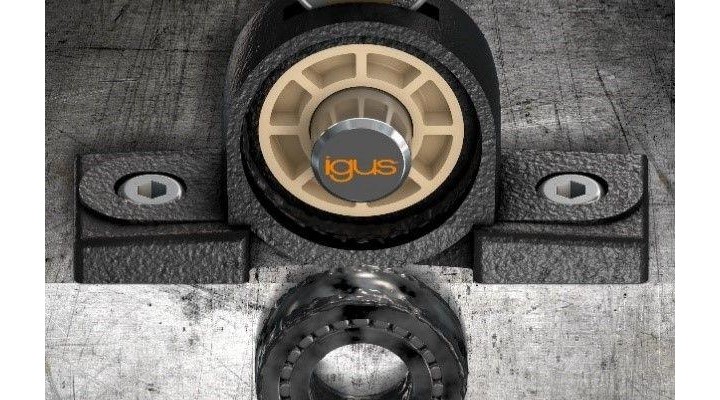
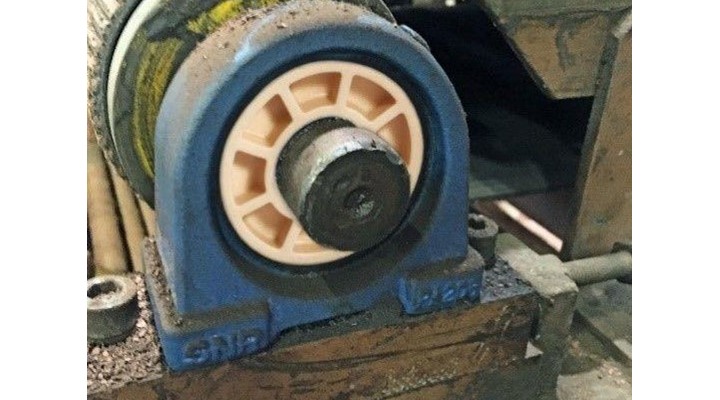
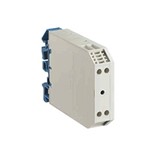
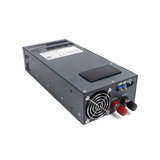


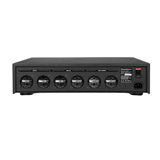
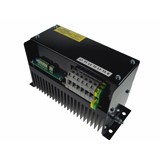
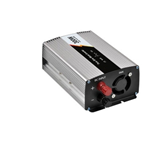
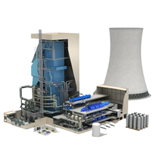
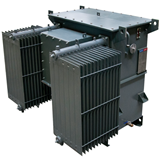
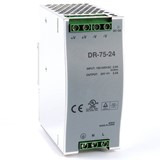
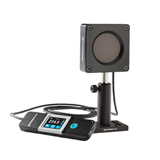

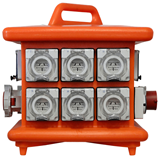

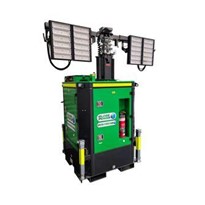
-205x205.jpg)




